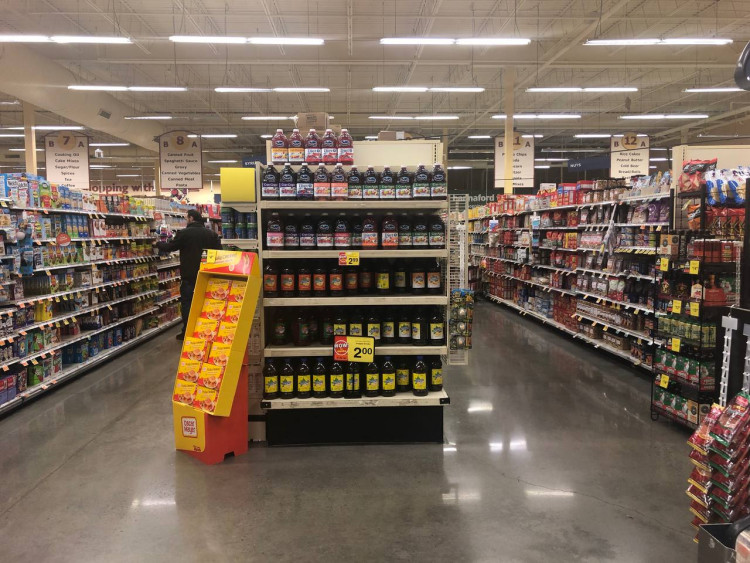U.S. consumer sentiment declined in August, reversing recent gains as higher inflation expectations took hold amid President Donald Trump's sweeping new tariffs on nearly 70 countries. The University of Michigan's Consumer Sentiment Index fell to 58.6 from 61.7 in July, missing economists' forecasts of 62.0.
"This deterioration largely stems from rising worries about inflation," said Joanne Hsu, director of the Surveys of Consumers. She noted that "buying conditions for durables plunged 14%, its lowest reading in a year, on the basis of high prices."
The survey showed year-ahead inflation expectations climbing to 4.9% from 4.5% last month, while long-term expectations rose to 3.9% from 3.4%. Respondents across political affiliations anticipated inflation remaining well above the current 2.7% rate.
The drop in sentiment follows months of uncertainty over Trump's trade policy, which has included frequent adjustments to tariff levels. Federal Reserve Chair Jerome Powell warned last month that tariffs would likely "push up prices and weigh on economic activity," although the extent would depend on the "ultimate level" imposed. The Fed held interest rates steady in July, citing concerns about rekindled price pressures.
Despite the gloom in sentiment, consumer spending-responsible for roughly 70% of U.S. economic output-has remained resilient. Retail sales rose 0.5% in July, in line with expectations, led by a 1.6% increase at car dealerships, a 1.4% gain at furniture stores, and an 0.8% rise in online sales, aided by Amazon's Prime Day. After adjusting for July's 0.2% increase in the Consumer Price Index, retail sales were still up 0.3% in real terms.
Businesses have so far absorbed much of the tariff shock, according to a Federal Reserve Bank of Richmond report, which found companies delaying inventory orders, altering shipment timing, and sharing costs with suppliers and customers. Many firms stocked up earlier in the year to blunt price hikes, helping keep consumer inflation contained despite a 0.9% monthly jump in July's Producer Price Index.
Unemployment remains low at 4.2%, and initial jobless claims are subdued, indicating companies have avoided layoffs as they adapt to the trade environment. "As long as consumer spending holds up and companies are able to retain workers because of that robust spending, the flywheel can continue to spin, pushing corporate profits and stock prices higher," said Chris Zaccarelli, chief investment officer at Northlight Asset Management.
Still, the broader economy shows signs of slowing. Gross domestic product grew at an annualized pace of 1.2% in the first half of 2025, down from 2.8% last year. The labor market cooled in July, and Trump's dismissal of Bureau of Labor Statistics Commissioner Erika McEntarfer drew sharp criticism from former officials. "The totally groundless firing ... sets a dangerous precedent and undermines the statistical mission of the Bureau," former commissioner William Beach wrote on X.






